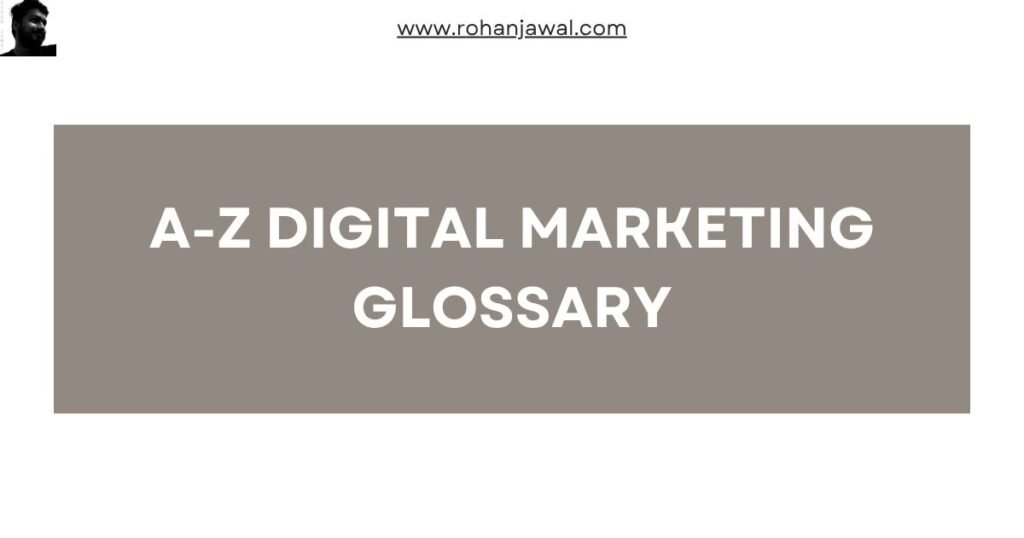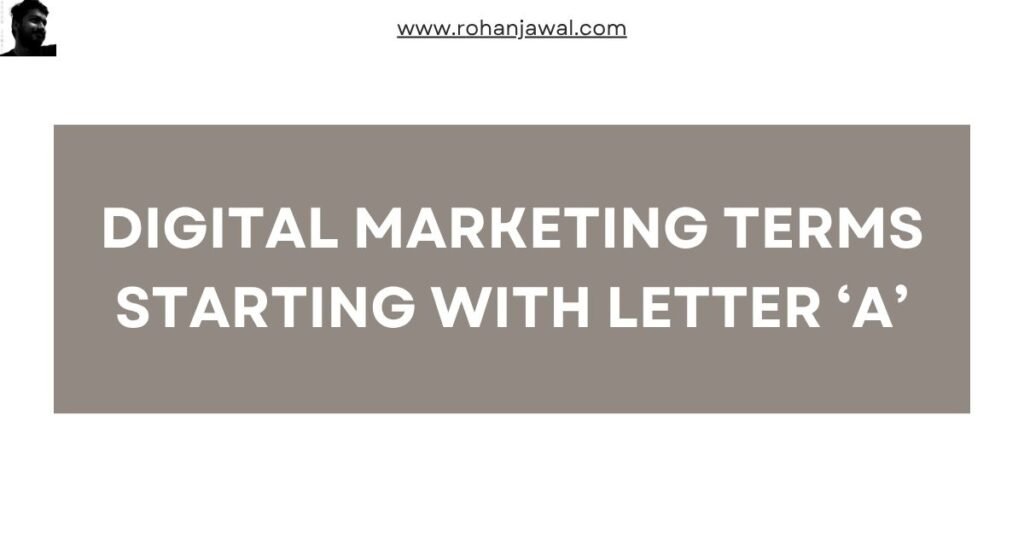We’re now at letter K in the A to Z Digital Marketing Glossary.
This section covers essential keyword-related concepts, metrics like KPIs, and Google search features like the Knowledge Graph and Knowledge Panel.
Let’s explore.
1. Keyword Cannibalization
What is Keyword Cannibalization?
When multiple pages on a website compete for the same keyword, hurting SEO.
Brief Explanation of Keyword Cannibalization
It’s like two players from the same team running for the same ball—confusing search engines and splitting authority.
Example of Keyword Cannibalization
A blog with three different posts targeting “best SEO tools” instead of consolidating into one strong page.
Related Words to Keyword Cannibalization: SEO audit, duplicate content, on-page SEO, content strategy
2. Keyword Density
What is Keyword Density?
The percentage of times a keyword appears compared to the total words in content.
Brief Explanation of Keyword Density
Think of it as seasoning in food—too little and it lacks flavor, too much and it’s overwhelming.
Example of Keyword Density
In a 1,000-word article, if a keyword appears 20 times, the density is 2%.
Related Words to Keyword Density: On-page SEO, keyword usage, readability, content optimization
3. Keyword Research
What is Keyword Research?
The process of finding relevant search terms to optimize for SEO and PPC.
Brief Explanation of Keyword Research
It’s like understanding what customers are typing into Google before creating content or ads.
Example of Keyword Research
Using tools like Ahrefs, SEMrush, or Google Keyword Planner to discover search demand and competition.
Related Words to Keyword Research: Search intent, long-tail keywords, SEO strategy, PPC campaigns
4. Key Performance Indicator (KPI)
What is a KPI?
A measurable value that indicates progress toward marketing goals.
Brief Explanation of KPIs
They’re like scoreboards in sports—showing whether your strategy is winning or needs adjustment.
Example of a KPI
A KPI for an email campaign could be an open rate of 30% or a conversion rate of 5%.
Related Words to KPIs: Metrics, analytics, ROI, performance tracking
5. Knowledge Graph
What is the Knowledge Graph?
Google’s data system that connects information and displays quick facts in search results.
Brief Explanation of the Knowledge Graph
It’s like Google’s brain—understanding how people, places, and things are related.
Example of the Knowledge Graph
Searching for “Elon Musk” shows related info like companies, family, and achievements.
Related Words to Knowledge Graph: Structured data, Google Search, semantic search, rich results
6. Knowledge Panel
What is a Knowledge Panel?
The sidebar box in Google Search that displays key details about a business, person, or topic.
Brief Explanation of the Knowledge Panel
It’s like a digital business card—summarizing essential information for quick discovery.
Example of the Knowledge Panel
Searching for “Nike” shows a right-hand panel with logo, description, stock price, and social links.
Related Words to Knowledge Panel: Google Business Profile, local SEO, entity SEO, brand presence
7. Keyword Stuffing
What is Keyword Stuffing?
Overloading a page with keywords in an attempt to rank higher on search engines.
Brief Explanation of Keyword Stuffing
It’s like repeating yourself in every sentence—annoying for readers and flagged by Google.
Example of Keyword Stuffing
A page that says: “Best pizza in New York. If you want New York pizza, try the best New York pizza restaurant.”
Related Words to Keyword Stuffing: Black hat SEO, spam, content quality, Google penalties
8. Keyword Intent
What is Keyword Intent?
The purpose behind a user’s search query.
Brief Explanation of Keyword Intent
It’s about understanding why someone searched—are they researching, comparing, or ready to buy?
Example of Keyword Intent
“Buy iPhone 14 online” shows transactional intent, while “iPhone 14 features” shows informational intent.
Related Words to Keyword Intent: Search intent, buyer journey, conversion, targeting
9. K-Factor in Viral Marketing
What is the K-Factor?
A metric used to measure how quickly something spreads virally.
Brief Explanation of the K-Factor
It’s like a chain reaction—if one user brings in more than one new user, growth accelerates exponentially.
Example of the K-Factor
A mobile app with referral rewards where each user invites 2–3 friends.
Related Words to K-Factor: Virality, growth hacking, referral marketing, user acquisition
10. Klout Score
What is Klout Score?
A (now defunct) metric that measured online influence on a scale of 1 to 100.
Brief Explanation of Klout Score
It was like a credit score, but for social media influence.
Example of Klout Score
Influencers once used their Klout Score to prove credibility to brands for collaborations.
Related Words to Klout Score: Social media metrics, influencer marketing, authority, engagement
Conclusion
That wraps up Digital Marketing Terms starting with “K.”
From Keyword Research and KPIs to Knowledge Graphs and K-Factors, these terms show how search, performance measurement, and virality all shape digital marketing success.


